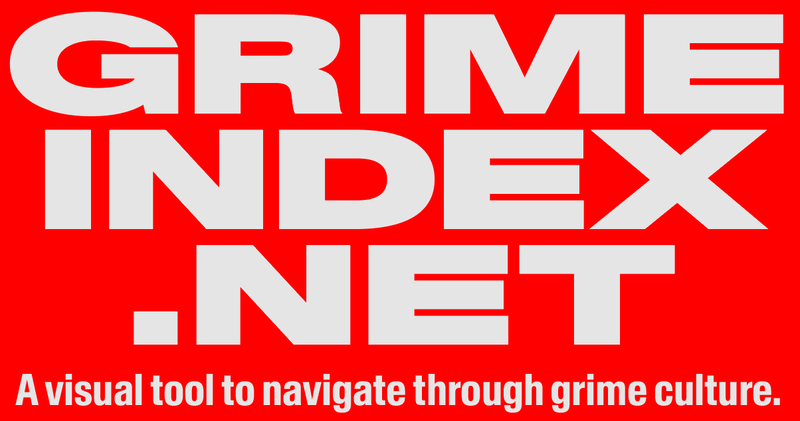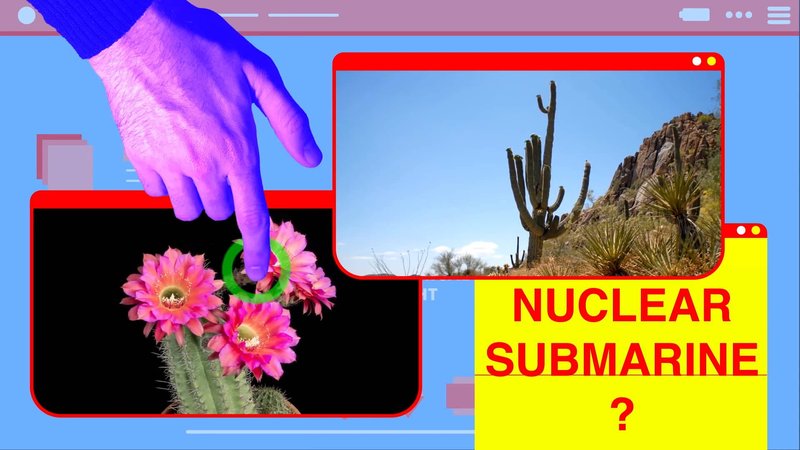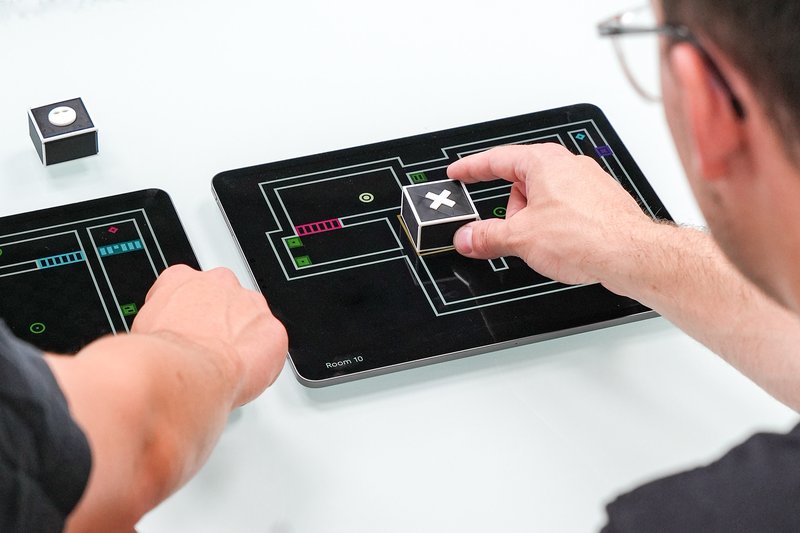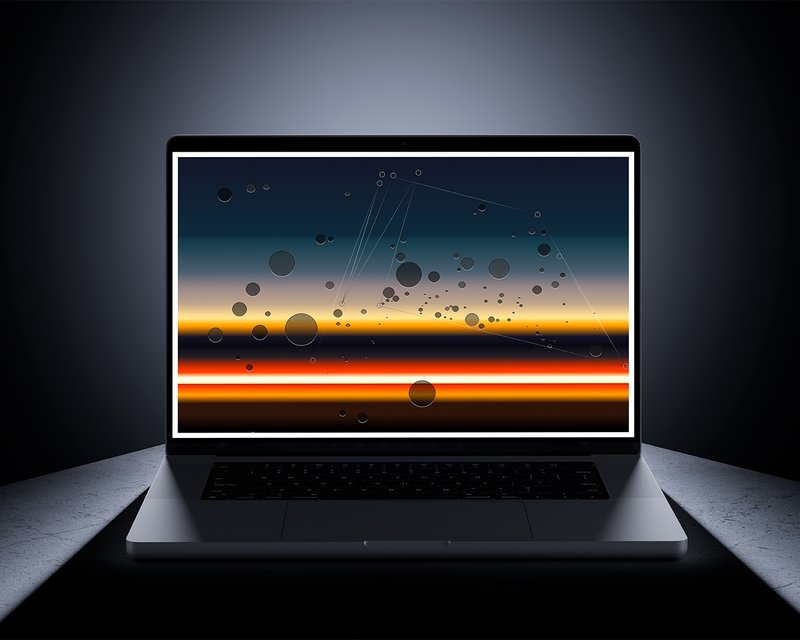
BA GRAPHIC DESIGN
Paul Paturel – Modulat – 2025 #2
by Paul Paturel
Grime Index is an interactive VJ-ing project that centralizes, visualizes, and enables navigation through iconic moments of grime — a chaotic genre born on London’s pirate airwaves. By turning audio data into visual identity and live signage, the project makes a performance-based, oral, and improvised culture more readable. Designed for both newcomers and longtime fans, it is built around three interchangeable modules — MC, instrumental, and lyrics — honoring the culture of sampling, MCing, and mixing. Diarization, transcription, dynamic typography, and real-time effects combine to reveal grime’s living and navigable memory.




